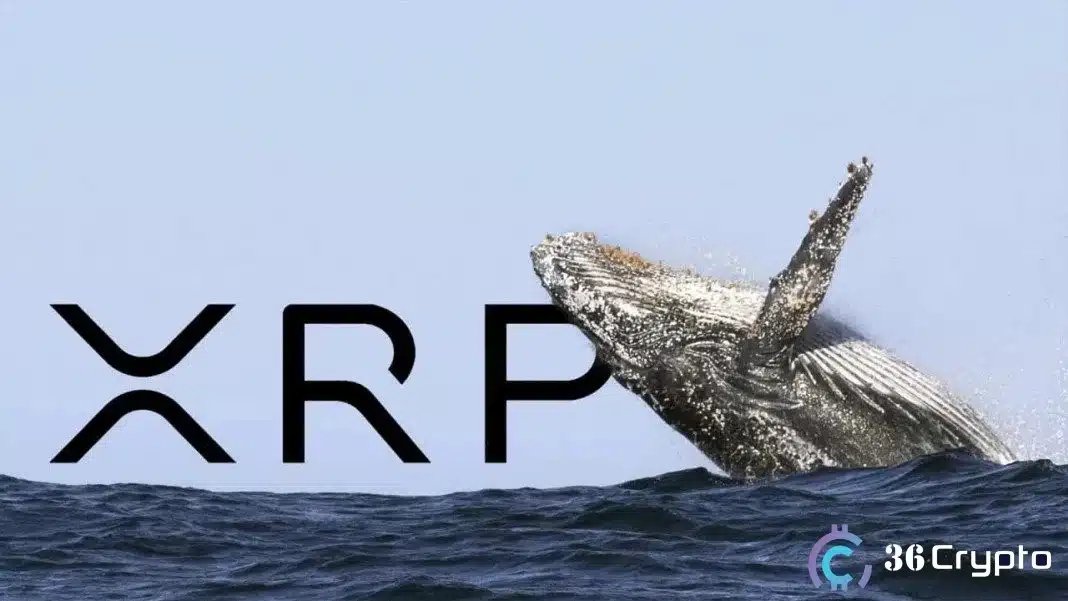Samourai Wallet Co-Founder Sentenced To 5 Years In Prison For Money Laundering
Keonne Rodriguez, one of the co-founders of the cryptocurrency mixer Samourai Wallet, was sentenced to five years in prison on Thursday for his role in operating a service that allegedly laundered “hundreds of millions of dollars” derived from illegal dark web activities and fraudulent schemes.
US District Judge Denise Cote imposed the maximum sentence for the charge of conspiring to run an unlicensed money-transmitting business during a hearing on Thursday.
Rodriguez Pleads Guilty In Samourai Wallet Case
Rodriguez entered a guilty plea to this charge back in July as part of a plea agreement with prosecutors. In a memorandum submitted by prosecutors on October 31, they requested five-year sentences for both Rodriguez and his fellow co-founder, William Lonergan Hill.
The filing alleged that for nearly a decade, the duo operated a significant money laundering operation through Samourai Wallet, facilitating the laundering of more than $237 million in criminal proceeds between 2015 and 2024. The transactions linked to their service were tied to various criminal activities, including fraud and even murder-for-hire plots.
At the sentencing, Judge Cote criticized Rodriguez for facilitating the laundering of funds often stolen from unsuspecting victims. “You chose to use your considerable talents to make it harder to recoup those stolen funds,” she remarked.
The Samourai Wallet case stands out as one of the few crypto-related prosecutions to survive President Trump’s pro-crypto administration, which led to the withdrawal of various enforcement actions by US regulators against significant firms such as Coinbase (COIN), Uniswap, and others.
Recent guidelines released by the Department of Justice (DOJ) in April have raised the bar for prosecuting crypto mixers and service providers for the actions of their users, making Rodriguez’s case particularly noteworthy.
Founders Reach $237 Million Forfeiture Deal
Rodriguez’s defense team had requested a lenient sentence of just over a year, arguing that he had no prior criminal record and was seen as a model citizen and family man.
They contended that when he started Samourai Wallet, his intention was to create a legitimate business that enhanced the privacy of cryptocurrency transactions.
However, they acknowledged that over time, he became aware that some users were employing the service to transfer Bitcoin (BTC) from illicit activities, yet he continued to operate the business without taking steps to prevent such transactions. His lawyers characterized this behavior as regrettable criminal conduct.
Expressing his remorse during the sentencing, Rodriguez told the judge, “I am truly sorry and I understand the seriousness of my crimes.”
As part of their plea deal, both Rodriguez and Hill agreed to forfeit $237 million and pay a $400,000 fine. Hill is set to be sentenced on November 19.
The case against Samourai Wallet bears resemblance to the DOJ’s prosecution of Tornado Cash, where developers were accused of facilitating over $1 billion in illicit transfers.
Featured image from DALL-E, chart from TradingView.com
You May Also Like

IP Hits $11.75, HYPE Climbs to $55, BlockDAG Surpasses Both with $407M Presale Surge!

Whales Dump 200 Million XRP in Just 2 Weeks – Is XRP’s Price on the Verge of Collapse?
